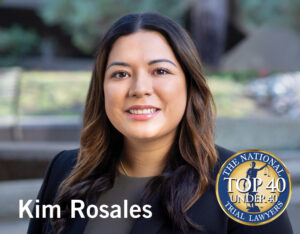Colleges commit admissions fraud by ignoring the lack of a GED or high school diploma or by helping students obtain invalid high school diplomas.
To qualify for financial aid under Title IV, students must show that they are qualified to enroll in a college or vocational program. One of the criteria requires students to show that they have obtained a high school diploma or GED.
However, some schools, in efforts to enroll as many students as possible regardless of their qualifications, have admitted students into their programs who have invalid high school diplomas or even no diploma or GED at all. These schools then unlawfully collect federal financial aid monies for students who lack the credentials necessary to be successful in a post-high school field of study.
School employees who know about such admissions fraud can file a lawsuit on behalf of the federal government under the False Claims Act. Such lawsuits help the government recover funds that are fraudulently obtained and to put an end to these illegal practices. Under the qui tam provisions of the Act, a whistleblower is entitled to recover a percentage of the government’s recovery.





